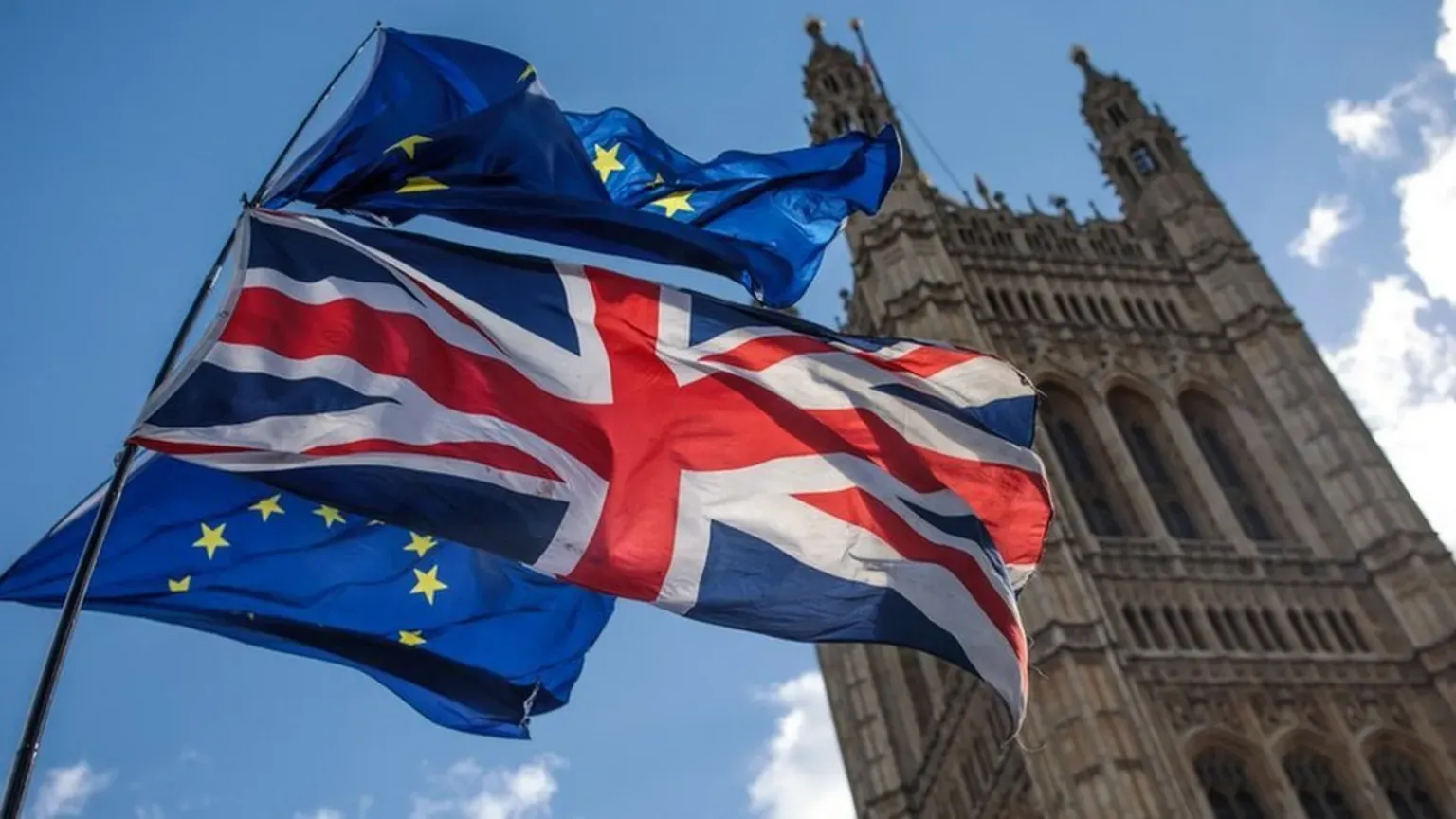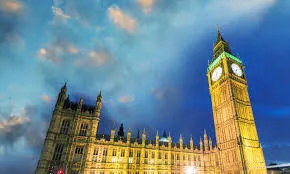Politics
UK–EU Trade Relations Improve Post-Brexit

The latest round of economic dialogues between the United Kingdom and the European Union has shown clear signs of stabilization in trade relations, marking a significant shift from the uncertainty that followed Brexit. The thawing of political tensions and the establishment of new regulatory mechanisms are helping to restore confidence among businesses on both sides of the Channel.
Recent data from the UK Office for National Statistics and Eurostat reveal that total trade in goods and services between the two markets grew by 7 percent during the first three quarters of 2025. While the volume still remains below pre-Brexit levels, the upward trajectory signals renewed trust and cooperation in key sectors such as finance, automotive, and digital services.
From Political Friction to Economic Reconnection
The improvement in UK–EU relations has been gradual but deliberate. Both sides have moved away from the confrontational tone that dominated the early years after withdrawal. The Windsor Framework on Northern Ireland and ongoing cooperation through the Trade and Cooperation Agreement have laid the groundwork for smoother cross-border operations.
Officials in London and Brussels now emphasize pragmatism over politics. Simplified customs procedures, mutual recognition of professional qualifications, and expanded digital documentation systems have helped reduce bureaucratic delays that once strained exporters.
As a result, small and medium-sized enterprises that struggled with compliance costs are beginning to re-engage with continental markets. The British Chambers of Commerce reported a steady increase in export orders, particularly from the manufacturing and logistics sectors that had faced sharp declines immediately after Brexit.
Financial and Professional Services Regain Traction
London’s financial services sector, which faced significant outflows in the immediate aftermath of Brexit, has begun to regain momentum. Several European regulators have granted equivalence rulings for specific UK-based financial instruments, enabling cross-border trading with reduced friction.
The easing of restrictions has allowed banks, insurers, and asset managers to rebuild links with clients in major EU cities such as Frankfurt, Paris, and Dublin. The reactivation of these networks is also boosting employment in London’s professional services, including law, accounting, and consultancy firms that cater to European markets.
Meanwhile, ongoing discussions about a potential “regulatory bridge” for sustainable finance could further strengthen the partnership. Both the UK and EU are exploring the development of standardized frameworks for ESG investments, which could attract institutional investors seeking stability and ethical transparency.
Trade in Goods Faces Structural Adjustment
While services are leading the recovery, goods trade remains more complex. Persistent customs checks and divergent product standards continue to limit the competitiveness of UK exporters in certain sectors such as agriculture and chemicals.
However, recent trade facilitation measures are starting to yield results. The introduction of digital border platforms, trusted trader schemes, and simplified veterinary certifications for food products have improved processing times at ports. Logistics operators in Dover and Calais report shorter waiting periods compared to 2023, a sign that coordination efforts are beginning to work.
The UK government is also negotiating targeted sectoral agreements to ease certification barriers, particularly in pharmaceuticals and green technology. These discussions are expected to deepen integration in strategically important industries where cooperation benefits both economies.
Digital Trade and Technology Partnerships Emerge
A major highlight of the improving relationship is the rise of digital trade collaboration. The UK and EU have agreed to align cybersecurity protocols, data protection standards, and digital identity frameworks to promote cross-border e-commerce.
Tech companies in London are once again finding opportunities in European digital projects, particularly in cloud computing, artificial intelligence, and green innovation. The EU’s Horizon Europe program, which the UK rejoined in 2024, has enabled British research institutions and startups to collaborate on high-value technology ventures.
Policy analysts see this digital re-engagement as a foundation for long-term economic integration. By focusing on emerging sectors rather than traditional industries, the UK and EU can build a partnership that reflects the realities of a technology-driven global economy.
Public Opinion and Political Will Align
Public perception of UK–EU relations has shifted noticeably. Polling from major think tanks shows that most British businesses now favor pragmatic cooperation over isolation. Political rhetoric has become more measured, with both major parties recognizing the need for stable European partnerships to support investment and employment.
The diplomatic tone has softened as well. High-level dialogues between UK ministers and European commissioners have resumed on a regular basis, covering not just trade but also security, energy, and climate policy. This cooperative approach is helping to rebuild mutual trust after years of uncertainty.
Toward a Balanced Economic Relationship
The medium-term outlook for UK–EU trade is cautiously optimistic. While challenges in regulatory alignment and goods certification remain, the overall direction points toward stability. Economists believe that as the UK strengthens its digital and financial sectors, trade with the EU will evolve from dependency to complementarity.
Both markets now appear to recognize that shared prosperity outweighs competition. The path forward lies in strengthening institutional cooperation, diversifying trade portfolios, and creating a predictable environment for investors.
The post-Brexit era may never fully resemble the past integration, but a mature, mutually beneficial partnership is clearly emerging. With diplomacy replacing dispute, the United Kingdom and the European Union are entering a new phase defined by strategic collaboration and economic pragmatism.






















